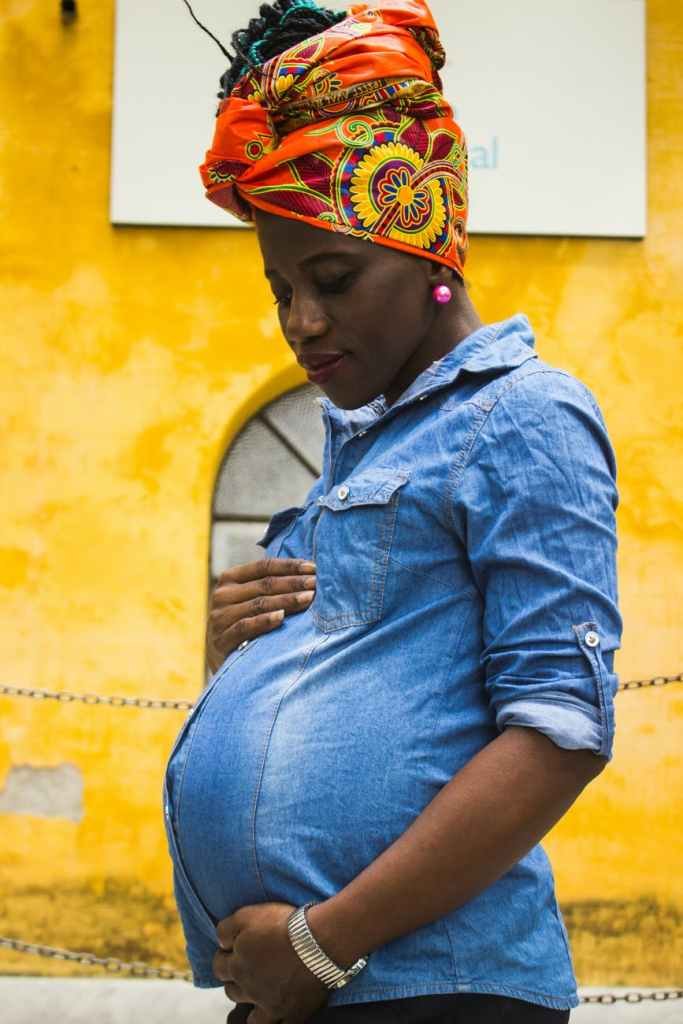Matrescence is real, and it permanently altered my self-perception.
Not nearly joy, not quite melancholy. More akin to a mist of feelings covering a profound, abiding love. I was not feeling down. I was not dissatisfied. I simply no longer felt like myself.

You are likely familiar with that emotion if you have become a mother. However, nobody informs you that it has a name.
Yes, there is.
Matrescence is the term for it, and after I understood it, I at last felt noticed.
Matrescence: What Is It?
The physical, emotional, hormonal, and psychological changes a woman experiences after becoming a mother are known as maturescence.
Imagine adolescence with a focus on parenthood.
The phrase, which was first used by anthropologist Dana Raphael, is now receiving the recognition it so richly merits. Because becoming a mother involves the gradual, even difficult, alteration of your entire identity and goes beyond simply taking care of a newborn.
You have more than just a baby.
The process transforms you into a new person.
It is Something Else, Not Postpartum Depression
There is nothing wrong with matrescence. There is nothing "wrong."
There is no way to correct it.
There is a season. a transitional experience. A messy, sacred, and emotional change in identity that might make you feel like you are losing yourself before discovering a new you.
It is crying in the middle of the night, not only from fatigue but also from the overwhelming weight of deeply loving someone.
It involves fervently defending your current life while lamenting the one you had in the past.
The Undetectable Change Nobody Warns You About Nobody warned me that I would not recognize the person staring back at me in the mirror.
That I would feel bad about desiring some alone time... and then feel sad for my child as soon as I receive it.
because every day I would wonder if I was "doing it right."
that I would also have to mourn the woman I was before I became a mother.
It would take years, not weeks, for such matrescence to develop.
How I Was Affected by Matrescence
I was completely exposed to matrescence, and as a result, I was changed.
I softened and became more perceptive
I discovered that I could be happy and angry at the same time.
I came to see that self-worth comes from consistently demonstrating love, not from productivity, beauty, or perfection.
Never in my life have I felt both more self-conscious and more rooted in my mission.
The Significance of This Word
It is important to name what you are experiencing. It benefits you:
Reduce your sense of loneliness
Verify your experience.
Resist feelings of guilt, shame, and irrational expectations.
Permit yourself to develop gradually.
I could stop acting like I was "OK" once I realized that this unraveling and reconstructing had a name. Finally, I could begin to change, grow, and heal—on my own terms.
You have changed, yet you are still you. Now, your identity is not erased by matterescence.
It transforms her into a different person.
The Invisible Alteration No One Told You About I was told by no one that I would not recognize the image of myself in the mirror.
That after feeling guilty for wanting some alone time, I would immediately feel sorry for my child.
because I would have to grieve for the woman I was before becoming a mother, and I would question if I was "doing it correctly."
Such matrescence would occur over years, not weeks.
How Matrescence Affected Me
Matrescence exposed me totally, and with it, I was transformed.
I become softer and more sensitive.
I learned that I was capable of experiencing both joy and rage simultaneously.
I started making an effort to "go forward" instead of "bounce back."
I realized that self-worth is derived from continuously exhibiting love rather than from success, beauty, or flawlessness.
I have never felt more rooted in my mission and more self-conscious in my life.
And I think that is the matrescence dilemma.
This Word's Significance
Identifying what you are feeling is crucial. It helps you:
Lessen your loneliness
Check your experience.
Refrain from unrealistic expectations, guilt, and humiliation.
Give yourself permission to grow gradually.
Once I knew that this unraveling and reconstructing had a name, I could stop pretending that everything was "OK."
What's Your Reaction?




















